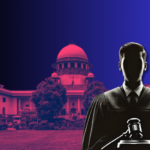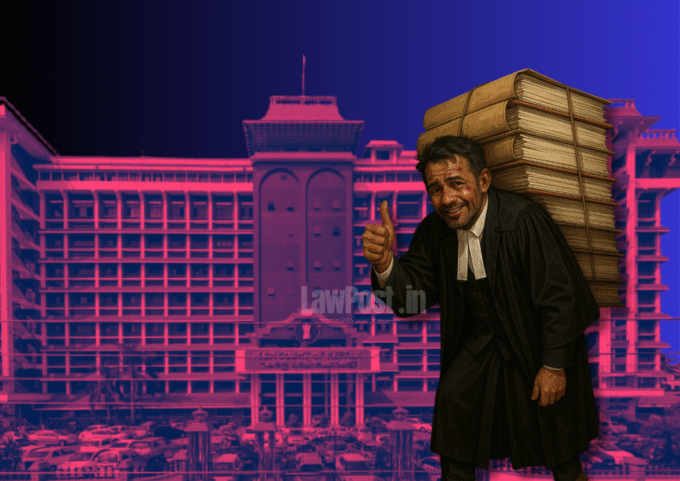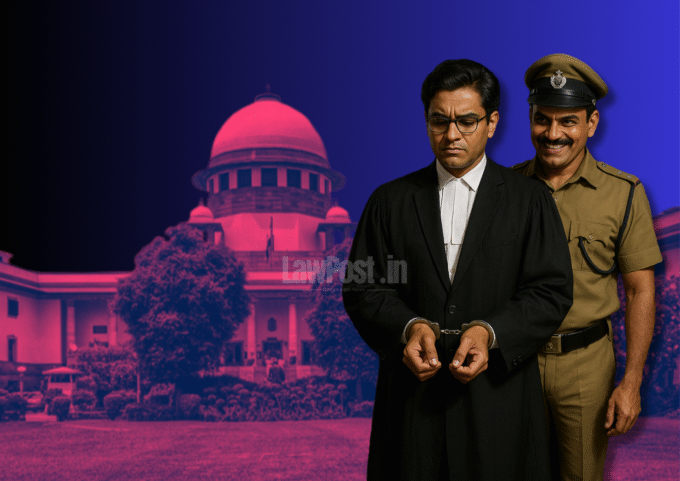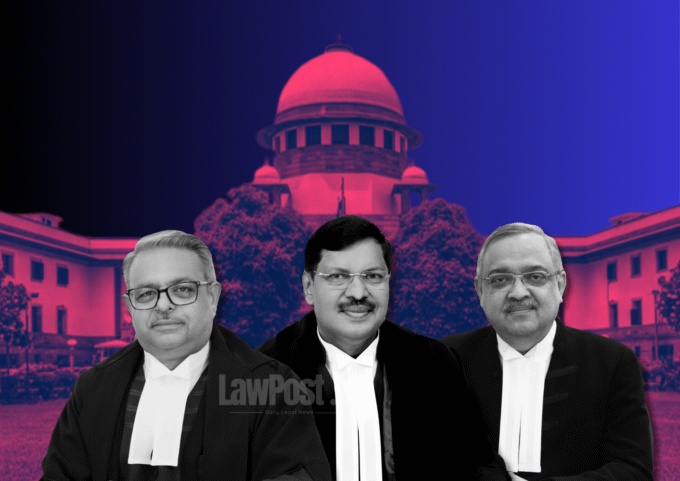Senior Advocate Dr. Abhishek Manu Singhvi recently commented on the state of judicial independence in India, particularly in politically sensitive cases, describing it as a “mixed bag.” Speaking at an event commemorating the 75th anniversary of the adoption of the Constitution of India, Singhvi noted that outcomes in such cases often depend on the bench composition, with decisions varying significantly between different benches.
“The decisions can vary in 10 ways among the 17 benches, depending on the draw of lots,” Singhvi stated, highlighting the unpredictability in such cases.
He also pointed out the judiciary’s occasional reluctance to make decisive rulings, saying, “There is a tendency to take a decision to not decide, and another way is: operation successful, but the patient dies. This has happened in some recent cases.”
In addition to discussing politically sensitive cases, Singhvi addressed the broader concept of judicial review in India, calling it “limitless” but beneficial overall. He acknowledged that while judicial review can sometimes be erratic and uncontrolled, these instances are exceptions rather than the norm. “Now it is in all courts of the country. India’s boundaries of judicial review are limitless, and I think it is a good thing,” Singhvi remarked. “Aberrations do not define the rule. We should ensure that the unruly horse is ridden well.”
Reflecting on the evolution of the Supreme Court, Singhvi traced several key phases, from its role in safeguarding individual rights in the 1950s and 60s, to the economic and social rights era, and the liberal leaning during the tenure of former Chief Justice DY Chandrachud.
Singhvi praised Chief Justice Chandrachud for fostering a more liberal court, stating, “The last Chief Justice (CJI DY Chandrachud) had a more liberal court where he tried to speak truth to power, tried, not always successful.”
On the role of the media in influencing judicial independence, Singhvi criticized the “debasement of discourse” in electronic media, claiming it inadvertently helped maintain judicial independence by discouraging undue influence on judges. “The debasement of discourse in media has actually helped judges to keep their independence. Anybody watching this with a right mind cannot be influenced by the amount of garbage,” Singhvi said. He also praised print media for being relatively more responsible in this regard.







